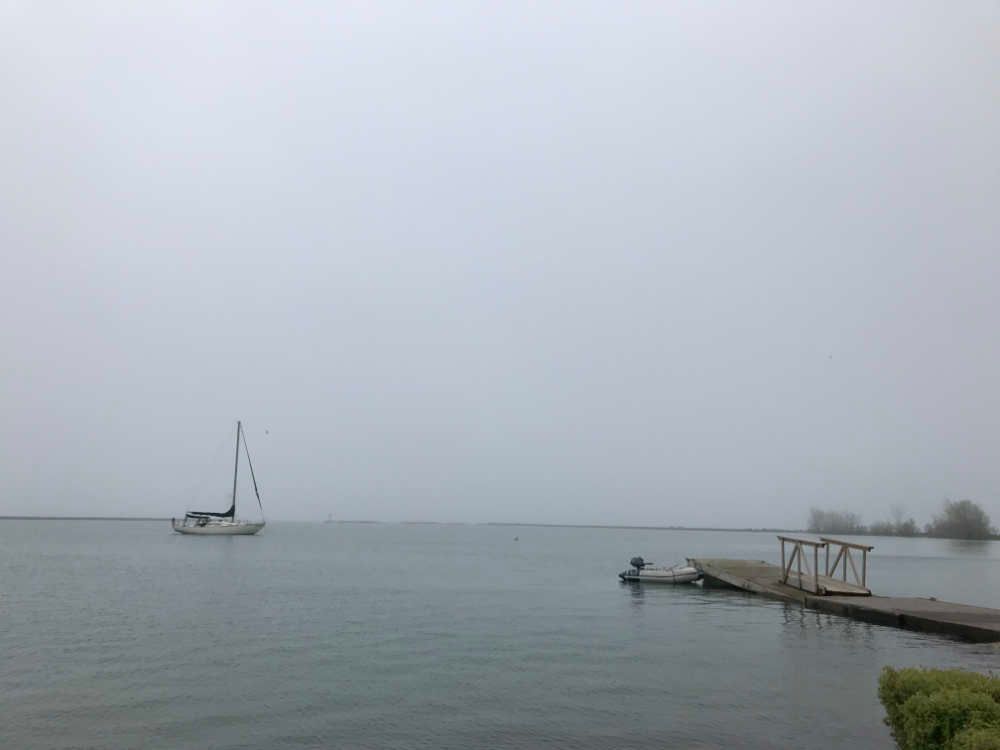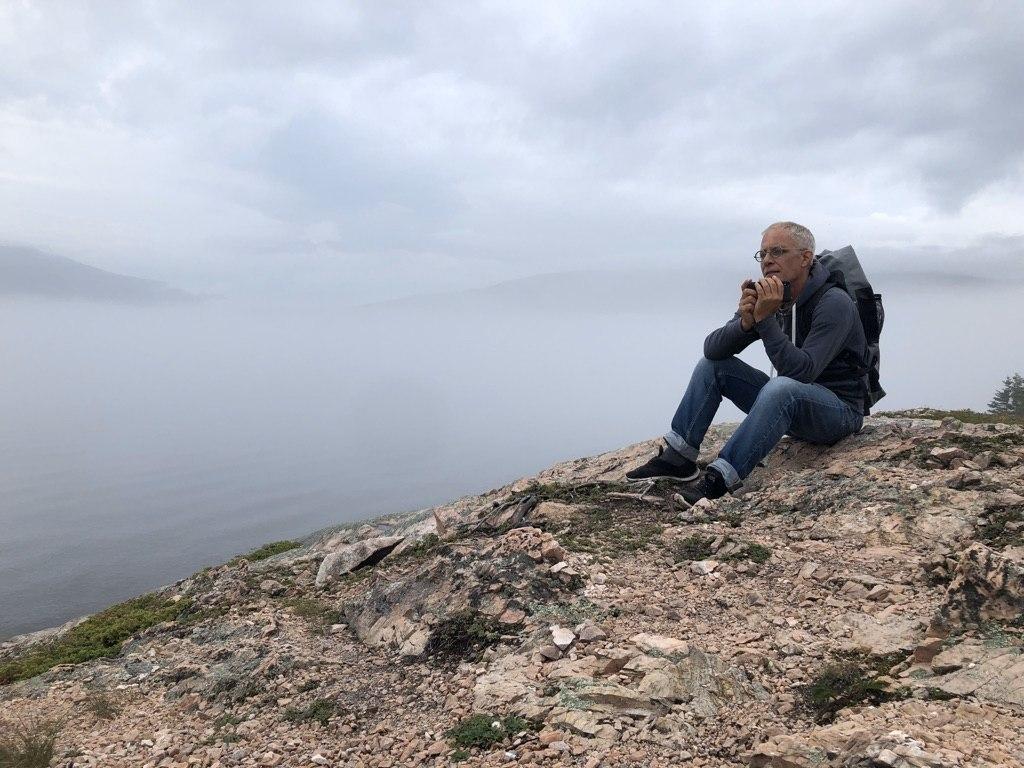Unplug: Getting Away from Augmented Reality

The engine sputtered to a stop in the middle of the St. Lawrence River. The current here was fast and the river was wide and there were no obvious places to shelter while we fixed it.
My heart sank. It happened after a nearly catastrophic two weeks involving an underwater dam, a pontoon towboat, and a very real fear that the hull would be punctured.
The engine had been a problem since we started. 900 kilometres later it felt like it had finally been fixed. But here we were. Floating down the river with no engine.
Thankfully, it was nothing more than a detached lead. Firmly in place, the engine came back to life and rarely bothered us again.

Sailing Away From Technology
Robert Scoble has always been a titan in my world(s). It feels like he’s been there for 10 or 15 years. This sort of constant presence, evangelizing, proselytizing, and always slightly ahead of the rest of us.
He’s taking the summer off.
And it got me thinking about my own adventures over this past year: 6 months sailing, thousands of kilometres, followed by 6 months in Costa Rica in a tiny surfing village with 300 people.
I worked. But not much.
I had sold off almost all of my possessions.
And I returned to Canada just as covid-19 was closing everything down.
My possessions consist of a small duffel bag with some clothes, a laptop and some odds and ends.
Lessons Learned
If the experience taught me anything, it’s this:
- First, never assume that your experience of technology is heterogeneous, especially if you live in an urban centre. For example, whenever I would arrive at a new destination, the first big ‘test’ was to see how good the wifi or cell connection was. And it varied from non-existent to ‘somewhat crappy’.
- Second, get outside the technology bubble if you want to find some of the crazy/interesting opportunities.
I didn’t notice it at first. But I almost never saw anyone staring at their phone. And once I noticed it, it became a game: to try to spot *anyone* using their phone in public.
It was rare. At restaurants in little fishing villages you never saw people scrolling through social media even if they were alone. You never spotted kids at the corner on their phones. I certainly never spotted a group of Pokemon players down near the docks.
Returning to a World of Change
When we left we knew we’d return to launch into AR and spatial computing. We didn’t know we’d end up locked down. That the world would have seemingly shifted on its axis.
But we had spend a year sailing with whales, watching monkeys, learning how to clean a carburetor or to fix the alignment of an old Atomic 4 engine on a 45 year old sail boat.
We had visited places where “The Internet” was still “The Web” and Whats App was the de facto phone network for an entire country.
It had perhaps prepared us better than most to realize that technology won’t fix all of our problems. It won’t even always be the first tool we turn to.
But also that, by leaving it behind for a bit, we could see it with fresh eyes.
Augmented Reality will be fun. It will help us check calories at the grocery store or view a pair of Nike shoes in 3D while we browse online.
But as we all develop for this new augmented world, take some time, like Robert is doing, to get outside whatever bubble you’re in, and remember that sometimes it isn’t a question of which app is best, or which glasses, or which VR game: but that for a large part of the world the competition is between technology and plain old ‘reality’.
